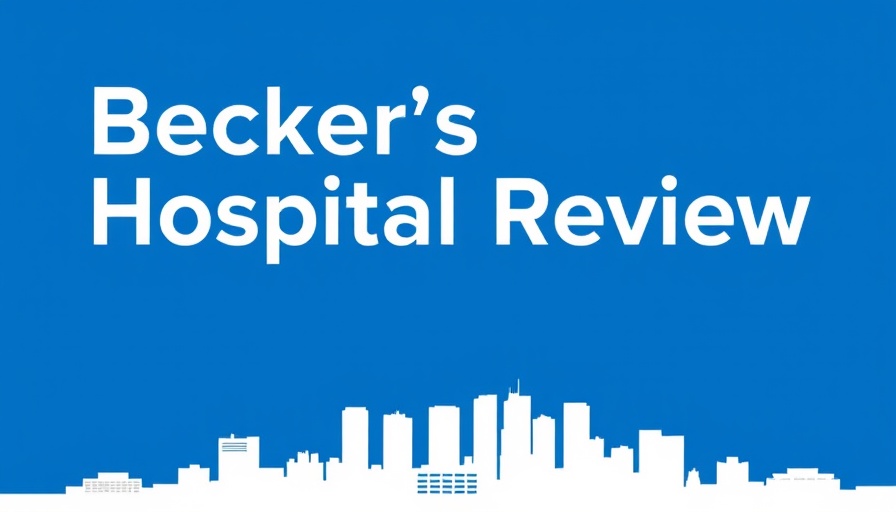
Understanding the Controversy Behind the CDC's Sole Source Contract
The recent decision by the Centers for Disease Control and Prevention (CDC) to award a no-bid contract to Rensselaer Polytechnic Institute (RPI) has sparked significant concern within the medical and autism research community. This unprecedented move is being scrutinized for its potential implications on the integrity of autism research. Helen Tager-Flusberg, leader of the Coalition of Autism Scientists, emphasized the gravity of this situation, asserting that the award was 'unprecedented and unwarranted.'
What the Research Community is Saying
The Coalition of Autism Scientists consists of over 250 prominent researchers who believe that this decision undermines trust in the scientific process. Tager-Flusberg highlighted that the RPI research group lacks top epidemiologists and pointed out that the timing of the contract seems suspicious, occurring just as proposals for the NIH's Autism Data Science Initiative (ADSI) were being processed. This raises questions about the motivations behind the funding.
Genetics vs. Environmental Factors: What's Driving the Research?
The link between vaccinations and autism has been a contentious topic, driven largely by disproven theories. HHS Secretary Robert F. Kennedy Jr.'s advocacy of these ideas has left many experts frustrated, given the established consensus that autism stems from a combination of genetic and environmental factors, rather than vaccinations alone. This dichotomy in the research focus is pivotal, as the ADSI proposals cover various facets of autism research, with many centered around genetics.
What Does This Mean for Future Research?
Experts predict that the outcomes from the ADSI funding could either align with progressive research focused on genetics or veer into speculative areas driven by debunked theories. David Mandell from the University of Pennsylvania points out that without more transparency in the funding allocations, it may take time to discern whether the research agenda will prioritize solid science or misguided avenues.
The Role of Data Science in Autism Research
The emerging role of data science in autism research is exemplified by Juergen Hahn from RPI, who has been involved in studies assessing maternal risk factors linked to autism. The unique ability of RPI to link children with maternal cohorts using proprietary databases is seen as one of the few strong elements of this study. This approach may yield valuable insights if conducted rigorously and transparently. While data science has the potential to advance our understanding of autism, the changes in funding dynamics could overshadow genuine scientific inquiry.
Addressing Concerns with Credible Research
The appointment of David Geier, a controversial figure in the study of vaccines and autism, to assist in analyzing CDC data has intensified concerns regarding the integrity of this research. This development serves as a reminder of the need for credible voices in the field to guide policy and public perception based on evidence, rather than discredited theories.
Implications for Healthcare Providers and Policymakers
For healthcare providers and policymakers, understanding the dynamics of this contract is vital. The apprehensions it raises about federal funding for research in autism must be considered seriously. As they navigate patient discussions and public concerns related to vaccinations, providers should remain informed about the scientific consensus and advocate for research rooted in credible data.
Conclusion: Staying Informed in a Shifting Landscape
With potential ramifications for how autism research is funded and conducted, staying informed is crucial for all healthcare professionals. Engaging with credible research and advocating for transparency can ultimately foster a better understanding of autism and ensure that public health policies reflect sound science. This is a pivotal moment for public health and the scientific community—maintaining clarity and integrity in autism research must be a priority.
 Add Row
Add Row  Add
Add 




Write A Comment